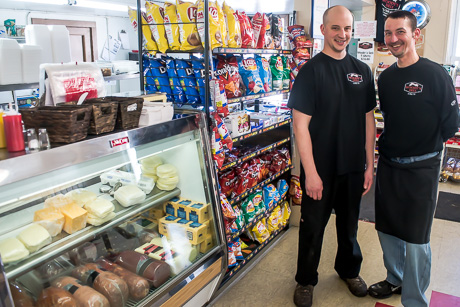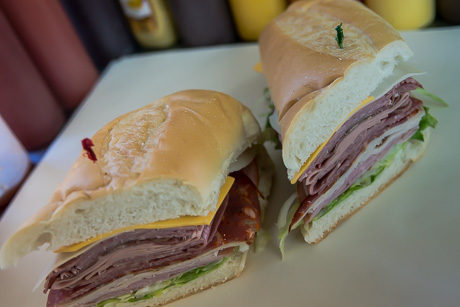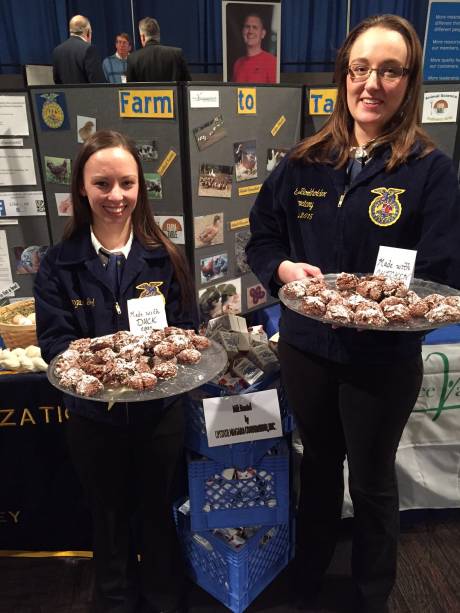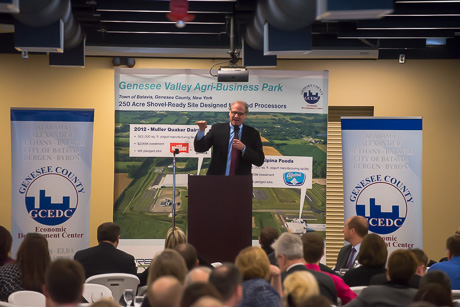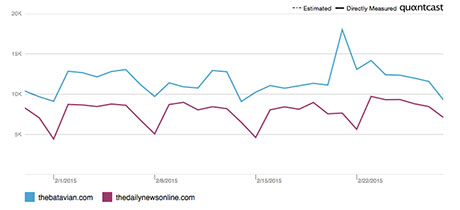Farmers say increase in minimum wage will hurt agriculture in New York
Farmers are facing ever escalating expenses, lower prices and now Gov. Andrew Cuomo wants to raise the minimum wage on them.
That's just more than many New York farmers are going to be able to bear, said Dean Norton, a farmer in Elba and president of the New York State Farm Bureau.
"New York is already a tough state to do business in and a minimum wage increase is going to continue to make us disadvantageous," Norton said during a conference call this morning with media from throughout the state.
Joining Norton on the call were Sandi Prokop and Brian Reeves, owners of multi-generation farms in Middleburgh and Baldwinsville.
Each said a minimum wage increase would add significant costs to their operations, $44,000 annually for Prokop and $50,000 for Reeves.
And that doesn't include the pressure a minimum age increase would put on suppliers and service companies to raise their rates, driving operational costs up even further.
The average farm worker in New York earns $12.50 an hour already, Norton said. Even though the proposed increase from Cuomo is less than that -- to $10.50 an hour -- a minimum wage increase tends to drive up wages across the board.
When trainees and entry-level workers get more money, the people above them want to keep pace with the higher pay, so they demand higher wages.
Farmers who don't meet those demands, Norton said, risk losing skilled and experienced workers to other farmers willing to pay those wages, or the workers will look for work in other states where conditions are more favorable.
Workers who are dissatisfied with their current conditions will also change careers, going into related industries, Reeves said.
The upward pressure on wages just encourages farmers to abandon labor-intensive crops or move to greater mechanization, such as robotics at dairy farmers, which means fewer workers churning economic buying power in their local communities.
Both Prokop and Reeves noted that in their segments of agriculture -- dairy and vegetables -- they're not price makers, they're price takers."
The food processors and supermarket chains who purchase their crops set the prices, based on supply and demand and in competition with other states.
"We're already one of the higher cost states," Reeves said. "When I sell a box of zucchini, I'll have a buyer tell me he can get it cheaper in another state. He'll say, 'I can buy all I want for $11 a box, why do you want $13 or $14 a box?' "
Dairy prices have been falling for months, Prokop said, and haven't hit bottom yet. In February, she said, she received $24,000 less for milk than the month before, and her revenue was down $13,000 the month before that.
"It's only going to get worse this month," she said. "The price is now below the cost of production."
It would help, Reeves said, if Congress would step in and set a higher minimum wage across the board, because at least then farmers in all states would be paying the same price for labor.
"We need to be able to compete," he said, "with Pennsylvania, Wisconsin and Michigan."

